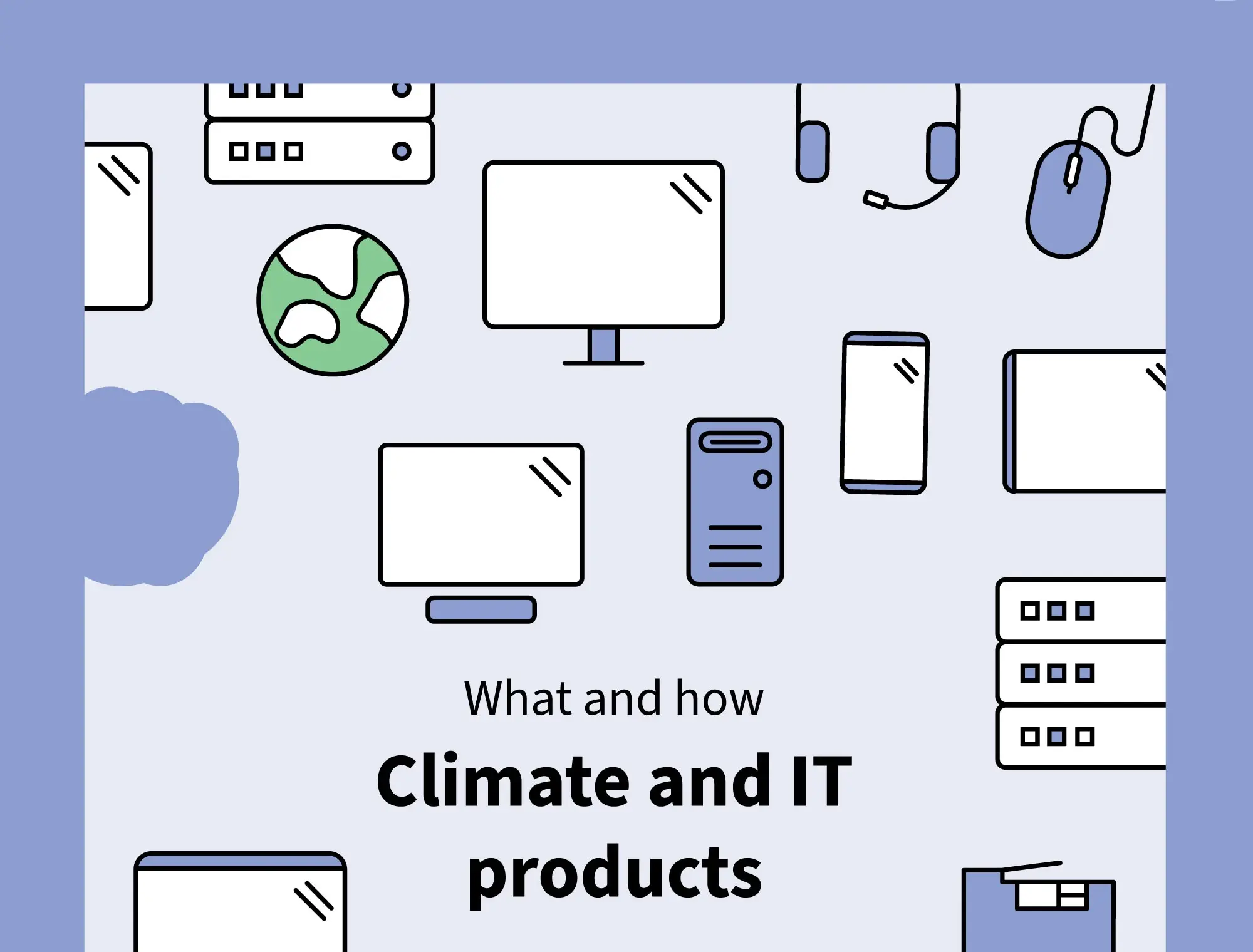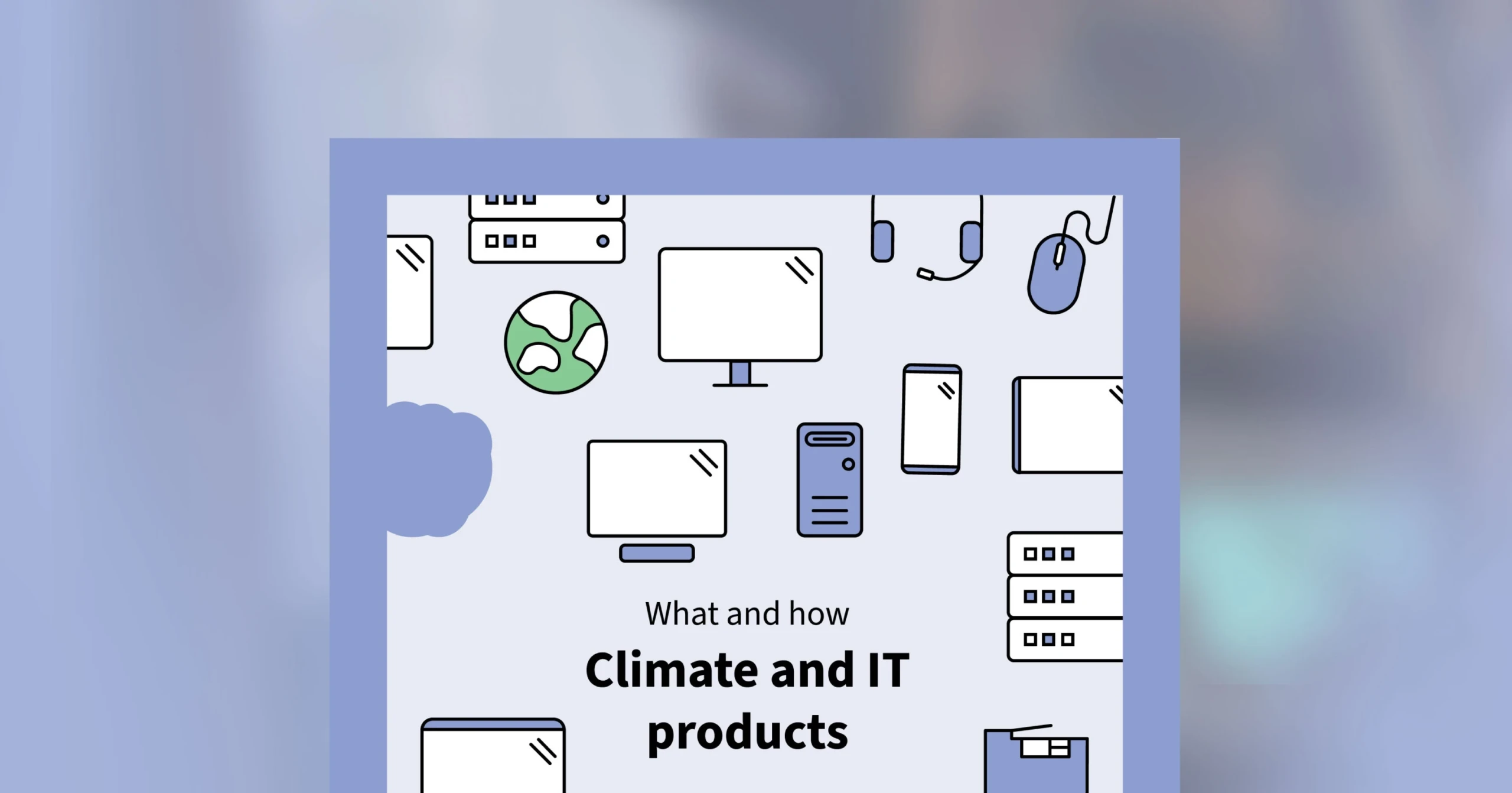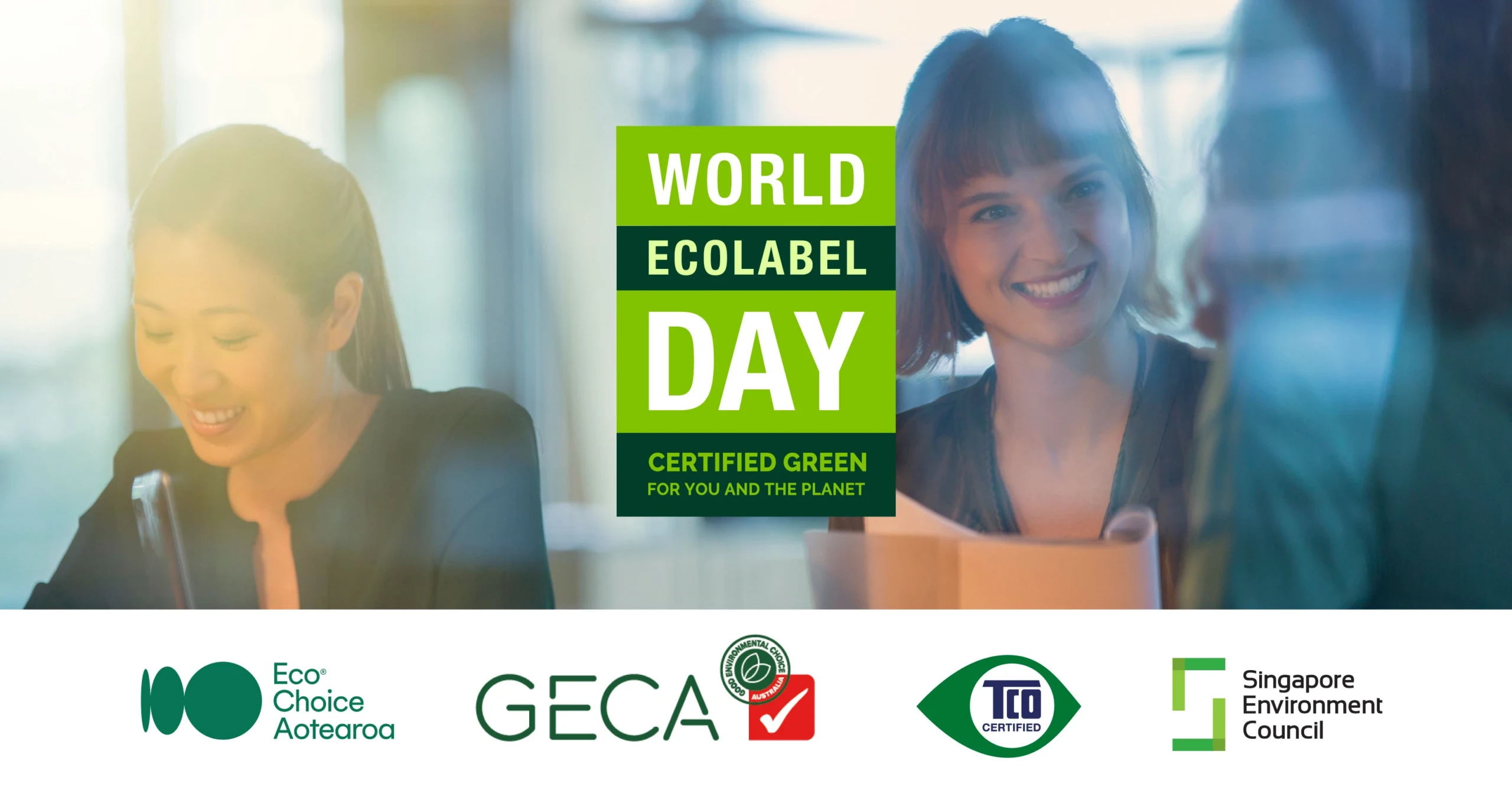In June, the UN Ocean Summit gathered to address the global ocean crisis. Targeting pollution, illegal fishing, and ratification of the High Seas Treaty, delegates pledged to protect 30% of the world’s oceans by 2030.
One issue not specifically addressed in the Treaty is deep sea mining (DSM) and the growing concern around potential environmental and social risks. We are also hearing from some IT purchasing organizations, who are concerned about these risks and how their procurement and use of TCO Certified may address the issue.
TCO Certified covers the full IT product supply chain, and our criterion for responsible mining practices address all types of mineral sourcing, both on land and in water. However, we see the need to clarify that our due diligence requirements include deep sea mining practices in the draft for the next generation of TCO Certified, scheduled to be released in 2027.
Deep sea mining and IT
Essential minerals targeted for potential deep sea mining include copper, cobalt, nickel, and a variety of rare earth elements. These are required for manufacturing batteries, circuit boards, and other vital parts for computers and other electronic devices. Accessing these elements on the seabed is seen by some as a potential alternative to existing sources, which are becoming depleted.
TCO Certified — supporting a precautionary approach
In TCO Certified, the approach to reducing environmental and social risk in mineral extraction aligns with the OECD Due Diligence Guidance for Responsible Supply Chains of Minerals from Conflict-Affected and High-Risk Areas.
Stephen Fuller, Senior Criteria Developer, comments:
“The impact of deep-sea mining on marine ecosystems remains largely unknown. In light of these uncertainties, we will clarify our position on deep-sea mining in the draft of the next generation of our responsible mineral sourcing criteria. In this way, we will ensure that risks associated with deep-sea mining are considered as part of the due diligence requirements in TCO Certified.”
For brand owners, this means that deep sea mining is something they must identify, assess and respond to under the required due diligence framework. For IT purchasing organizations that are concerned about the risks with deep sea mining, this is a step forward that further ensures that these important issues are covered in our criteria.
IT purchasing organizations support the precautionary principle
IT purchasing organizations are also voicing their support for greater due diligence around deep sea mining as part of their sustainable procurement of IT products. For example, as part of their commitments to sustainable procurement and their pledge to be Nature Positive Universities, McGill University and Université de Sherbrooke (Canada), and University of Oxford (UK) support the precautionary principle, the position taken in TCO Certified, and value suppliers’ commitments to respecting the moratorium on DSM.
Stéphanie H. Leclerc, Program Manager for Sustainable Procurement at McGill University, comments: “We appreciate TCO Development’s inclusion of this topic in their criteria development for TCO Certified, and the awareness this raises about this important issue.”
For any questions, please contact us.





